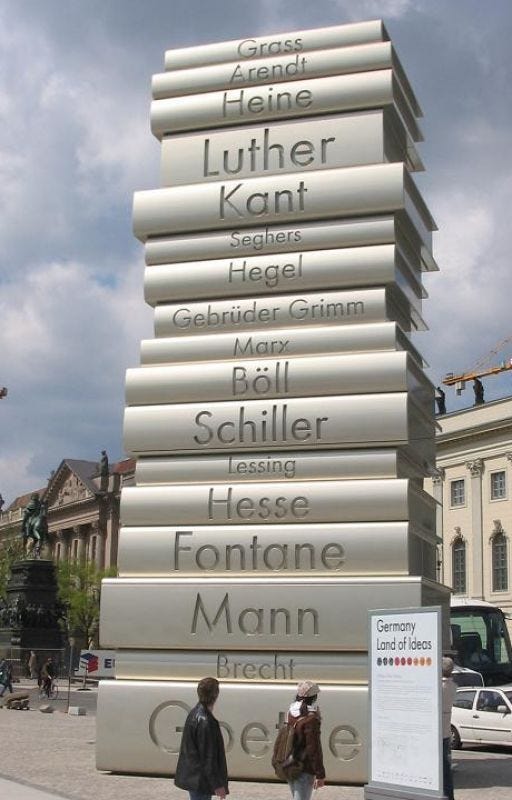On 9/11/01, while in my flimsy white cotton nightgown watching NBC news with Katie Couric and Matt Lauer, the plane hit the tower, live, real, dead-on—and I was struck dumb.
I taught creative writing at George Washington University in D.C., so close to the Pentagon, a field in Pennsylvania, and, yes, New York City.
I wondered: "How do I ask my students to write?"
I answered the question with a question: Isn't the gift of language, the foundation of our humanity?
So here I am twenty-two years later again trying to put words around the unexplainable, acknowledging my inability to understand.
Paul Celan, the poet, came home one day to find that Nazis had taken his parents during an overnight raid in Czernowitz in 1942. At the time he was 22 and was away for the night. The door, when he returned, was sealed and never again did he see his parents, speak to them. Celan was left, I have to believe, trying to explain the unexplainable.
I went to his words the day after 9/11 to find something to read in my classroom about writing fiction and memoir and I found the right words for me within the midst of the long talk Celan gave in 1961, translated from the German by John Felstiner. Celan spoke on the problem of making art, of writing poetry, of speaking the words he spoke when he received the Georg Büchner Prize, the major German literary award.
Like his poetry, his words are full of loss, but still he offered words. I read them to my writing students—and goodness only knows what they thought—from the speech Celan gave entitled "The Meridian":
Ladies and gentlemen, I find something that comforts me a little at having taken, in your presence, this impossible path, this path of the impossible.
I find something that binds and leads to encounter, like a poem.
I find something—like language—immaterial yet earthly, terrestrial, something circular, returning upon itself by way of both poles and thereby—happily—even crossing the tropics (and tropes): I find ... a meridian. [ellipsis, his]
A meridian, as defined by the Oxford English Dictionary, is "the great circle that passes through the celestial poles."
If we had any doubts before 9/11 about the connectedness of humankind on this globe, for good or for ill, we could have none after that day. So I say, yes, let's have moments of silence on this the twenty-two-year anniversary of such a great world-changing tragedy—but then SPEAK.
Know that I use the term speak metaphorically: Make something on 9/11.
If you're a bricklayer, place a brick in its right place in a building on 9/11; if you’re an accountant, place the sum as the right answer on 9/11; if you're a bartender, make the perfect cocktail, set it down with your hand in front of your customer—and connect on 9/11.
Hold your children, hold each other, take the hand of another, believe that goodness lies within your reach.
I say here today, all these years later, that no matter how or when we are cast into the abyss of existence, speak. I say, in whatever ways we live in the world, make something.
Connect the meridian that encircles us all. Affirm our shared humanity.
And I ask you this question: Why even talk, let alone write poems or stories, build bridges or buildings if nothing is nothing is nothing?







What a wise instinct, to go to Paul Celan's writings at that terrible time.
Thanks, Mary, for this reminder, call, comfort on the anniversary of a day we can never forget.